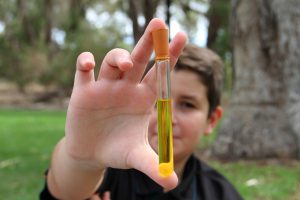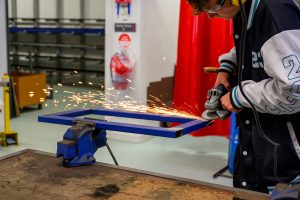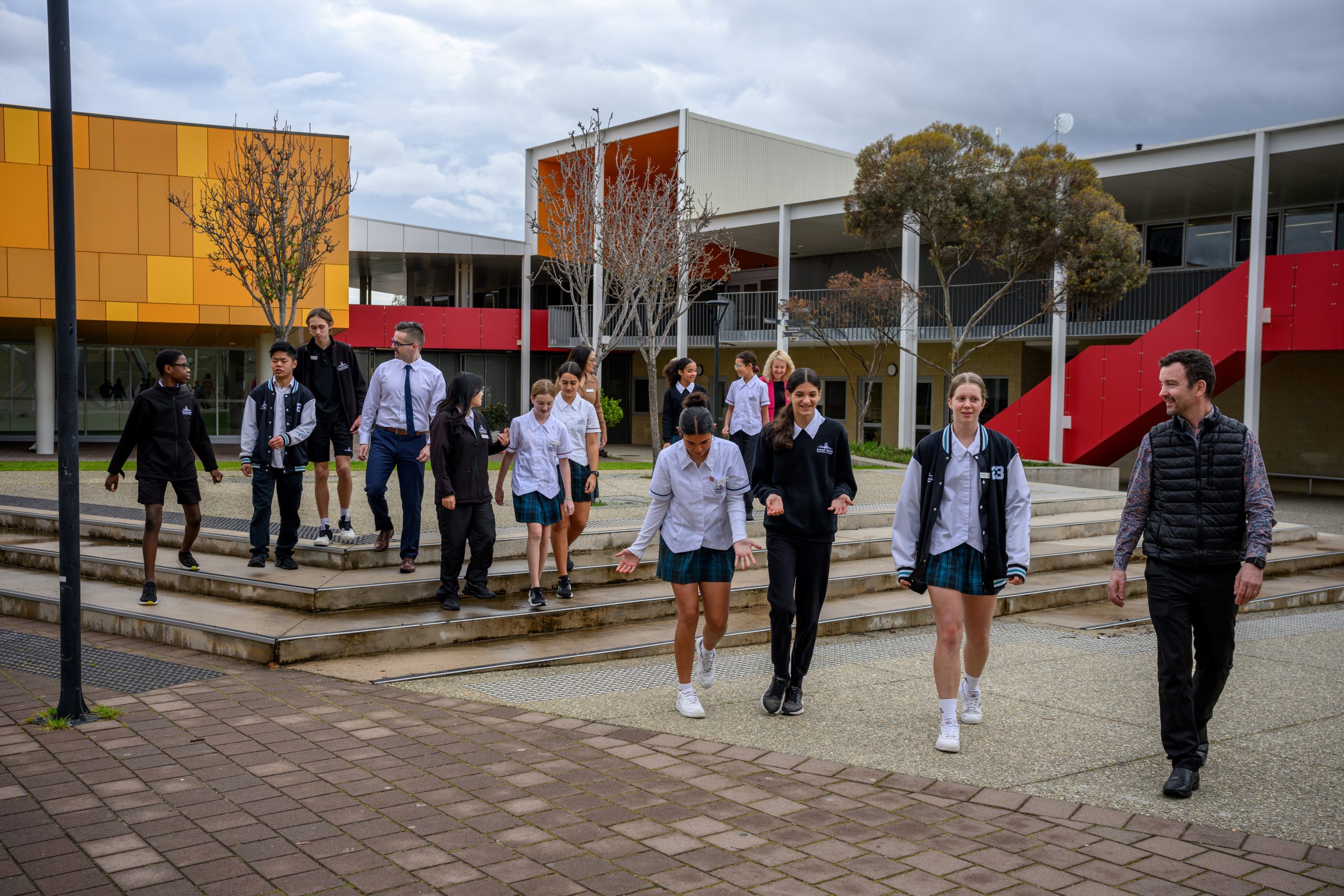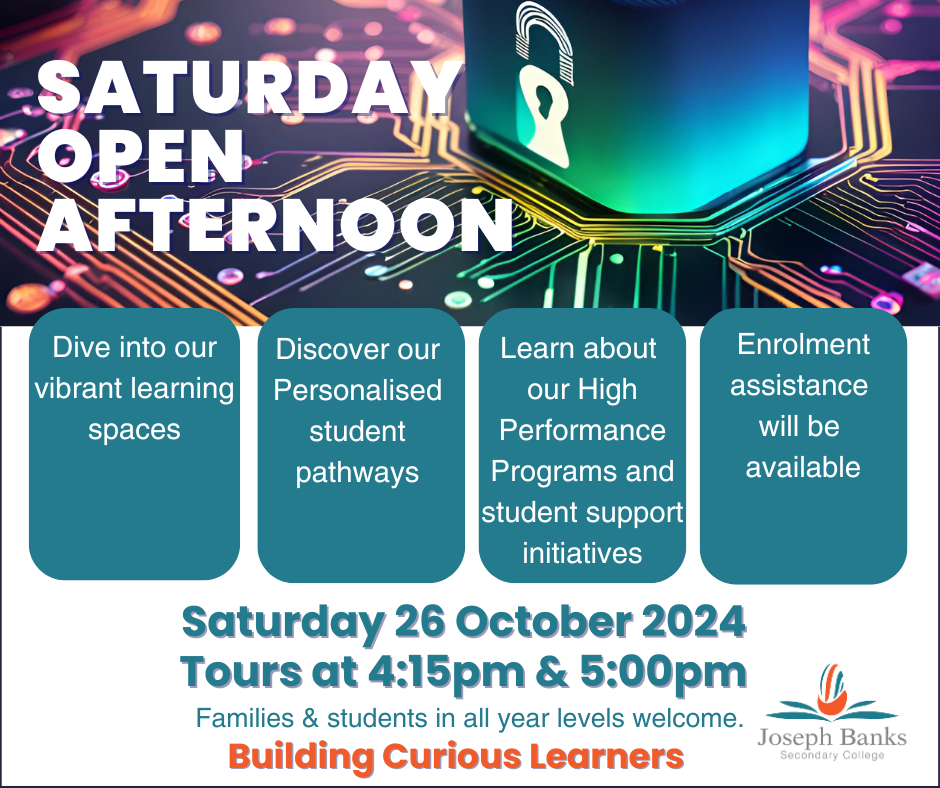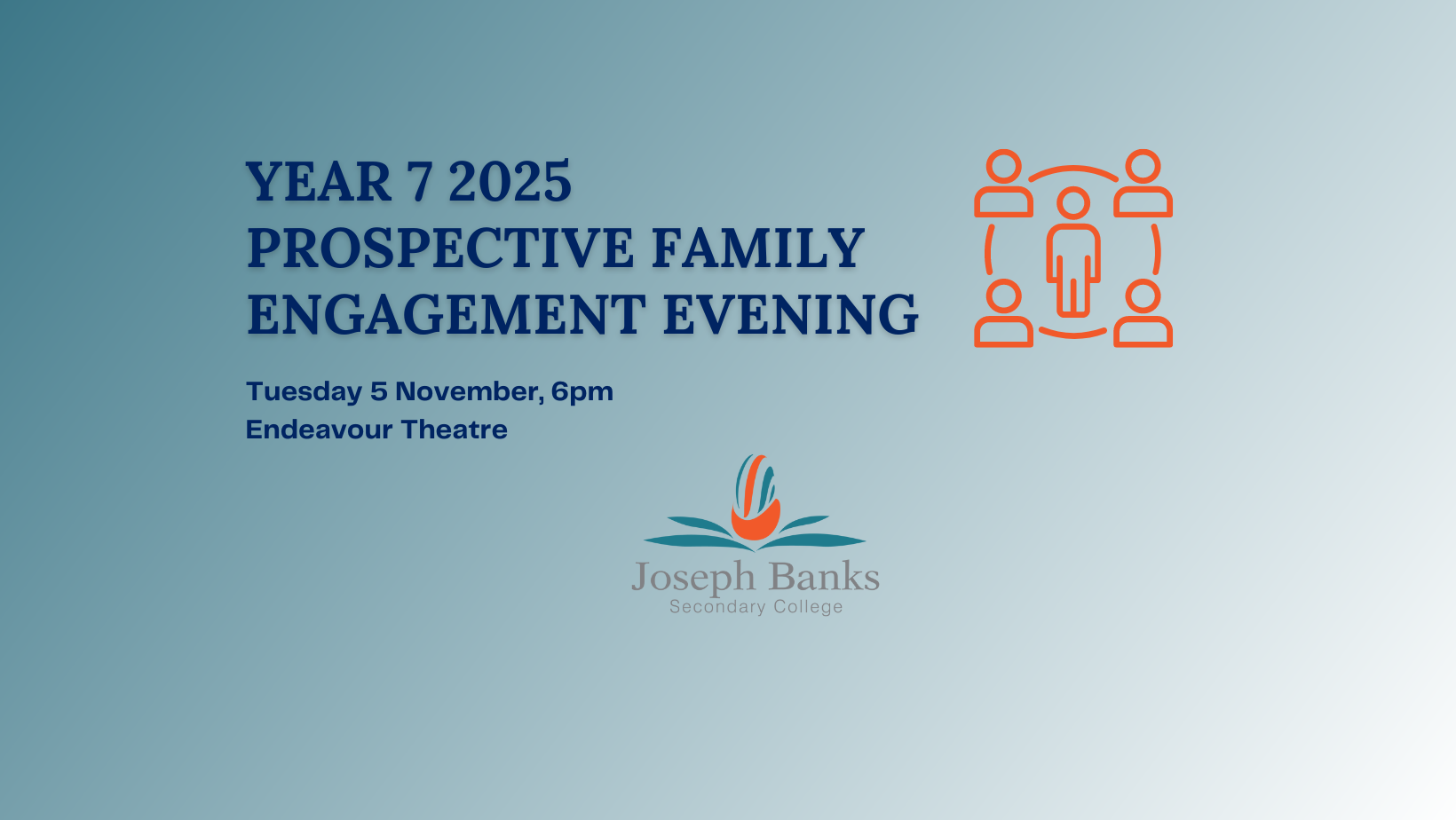Drama (General)
Course Code: GEDRA/GTDRA
Domain: The Arts
Timetable: Semester 1 and 2
Length of Course: 2 Years
Unit Information
Drama is a vibrant and varied art form found in play, storytelling, street theatre, festivals, film, television,
interactive games, performance art and theatres. It is one of the oldest art forms and part of our everyday
life. Through taking on roles and enacting real and imagined events, performers engage audiences who
suspend their disbelief to enter the world of the drama. Through drama, human experience is shared. Drama
entertains, informs, communicates and challenges.
Students achieve outcomes through the key activities of creation, performance and reflection. They explore
and communicate ideas and learn particular processes and skills to enable them to work with drama forms,
styles, conventions and technologies. They reflect, respond and evaluate drama and become critical,
informed audiences, understanding drama in the context of their own society and culture, drawing on a
diverse range of drama from other cultures, places and times to enrich their intercultural understanding.
The Drama (General) course focuses on aesthetic understanding and drama in practice as students integrate
their knowledge and skills. They use the elements and conventions of drama to develop and present ideas
and explore personal and cultural issues. They engage in drama processes, such as improvisation, play
building, text interpretation, playwriting and dramaturgy which allow them to create original drama and
interpret a range of texts written or devised by others. Their work in this course includes production and
design aspects involving sets, costumes, makeup, props, promotional materials, stage management, front-of-house activities, and sound and lighting. Increasingly, students use technologies, such as digital sound and
multimedia. They present drama to a range of audiences and work in different performance settings.
Students work independently and collaboratively, learning time management skills, showing initiative and
demonstrating leadership and interpersonal skills. The Drama General course requires them to develop and
practise problem-solving skills through creative and analytical thinking processes. They develop their
capacity to respond to, reflect on, and make informed judgements, using appropriate terminology and
language to describe, analyse, interpret and evaluate drama, drawing on their understanding of relevant
aspects of other art forms.
In this course, students engage in both Australian and world drama practice. They understand how drama
has changed over time and will continue to change according to its cultural context. Through the Drama
General course, they can understand the experience of other times, places and cultures in an accessible,
meaningful and enjoyable way. They understand the economic factors that affect drama practice and
explore the vocational opportunities that drama offers.
While some students intend to make a career in drama and related fields, they also participate in drama for
enjoyment and satisfaction. They experience the pleasure that comes from developing personal skills,
knowledge and understandings that can be transferred to a range of careers and situations. The Drama
General course builds confidence, empathy, understanding about human experience, and a sense of identity
and belonging. These are invaluable qualities for contemporary living.
Year 11
Unit One
The focus of this unit is dramatic storytelling. Students engage with the skills, techniques, processes and
conventions of dramatic storytelling. Students view, read and explore relevant drama works and texts using
scripts and/or script excerpts from Australian and/or world sources.
Unit Two
The focus for this unit is drama performance events for an audience other than their class members. In
participating in a drama performance event, students work independently and in teams. They apply the
creative process of devising and of interpreting Australian and/or world sources to produce drama that is
collaborative and makes meaning.
Year 12
Unit Three
The focus for this unit is representational, realist drama. Students explore techniques of characterisation
through different approaches to group based text interpretation, particularly those based on the work of
Stanislavski and others. In this unit, students have the opportunity to research and collaboratively workshop,
interpret, perform and produce texts in forms and styles related to representational, realistic drama that
educate and present perspectives.
Unit Four
The focus of this unit is presentational, non-realist drama. Students explore techniques of role and/or
character through different approaches to group based text interpretation, particularly those based on the
work of Brecht and others. In this unit, students have the opportunity to research and collaboratively
workshop, interpret and perform drama texts related to presentational, non-realistic drama that challenge
and question perspectives.
Pathway Information
Tertiary
Workforce
Students undertaking this course may wish to consider tertiary studies in:
- Diploma of Acting
- Diploma of Live Production and Technical Services
- Bachelor of Arts (Acting)
- Bachelor of Arts (Arts Management)
This course suits direct workforce entry into the following:
- Actor
- Stagehand
- Production Crew
- Producer
Additional Information
Estimated Charges: $65 per year

